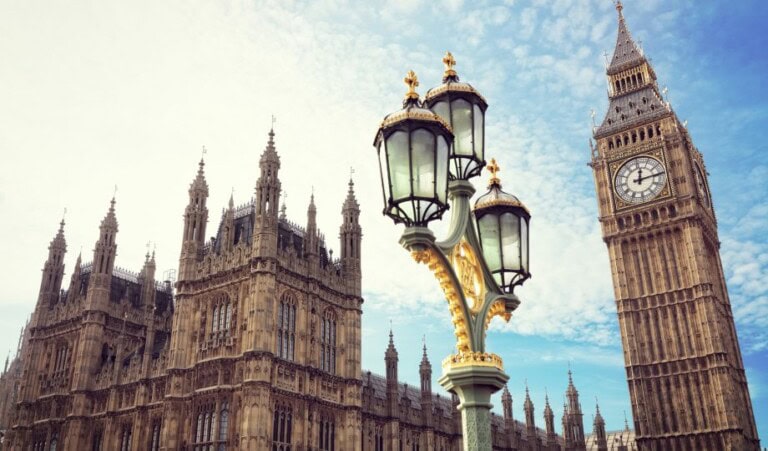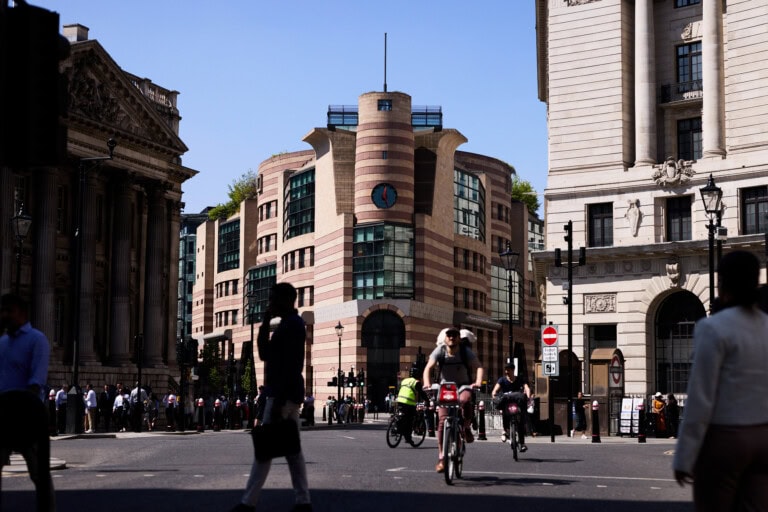Political parties must not shrink from the challenge of investing in our net zero future

- In its latest assessments of recent announcements and developments on Net Zero, the Climate Change Committee (CCC) has registered concern about the likelihood of achieving the UK’s future targets due to a “substantial policy gap”.
- The CCC states that the Prime Ministers recent relaxation of important net zero policies have “countered the positive progress of other announcements”.
- At the same time, press reports have emerged from the Labour Party’s annual conference alleging that the opposition party have again reduced the scope of its £28bn green investment commitment by as much as £8bn a year.
Responding to the CCC assessment, Simon McWhirter, Deputy Chief Executive Officer of the UK Green Building Council (UKGBC) said:
“The CCC’s assessment states conclusively that the Government’s rhetoric around its net zero U-turn doesn’t stack up against the numbers. It simply isn’t possible to achieve the acceleration we need to meet our climate commitments while delaying and diluting valuable policies.
“As UKGBC and more than 100 leading UK businesses did in our recent letter, we urge the Prime Minister to reconsider his rollback and put the UK back on a leadership footing, both on the world stage and in our domestic green economy.”
Simon also commented on the Financial Times’ report that the Labour Party is considering further reductions to its proposed £28bn green investment commitment, saying:
“Claims about a further retreat by Labour from its investment commitment this would, if true, signal a worrying blow to the prospects of accelerating climate action in the UK and to the party’s promises to bring household energy bills under control and crowd-in billions from industry to revitalise and upgrade the UK’s towns, cities and infrastructure for a net zero future.
“Our climate future is too important for any political party to shrink from the challenge. Every pound invested in areas such as home insulation and ending our dependence on gas for heating will return money to the Treasury and boost the economy as a whole through stimulating secure, high-quality jobs and freeing up household budgets to spend in their communities. But only if we urgently and coherently plug the policy and investment gaps.
“Reducing ambition on green investment while still expecting green growth is a false economy – in this case, you definitely can’t get more by putting in less.”
Related
UKGBC announces new innovation initiative with Breakthrough Energy and FORE Partnership

UKGBC launches the UK Climate Resilience Roadmap

UKGBC responds to the Climate Change Committee’s 2025 Progress Report

UKGBC responds to 2025 Comprehensive Spending Review

